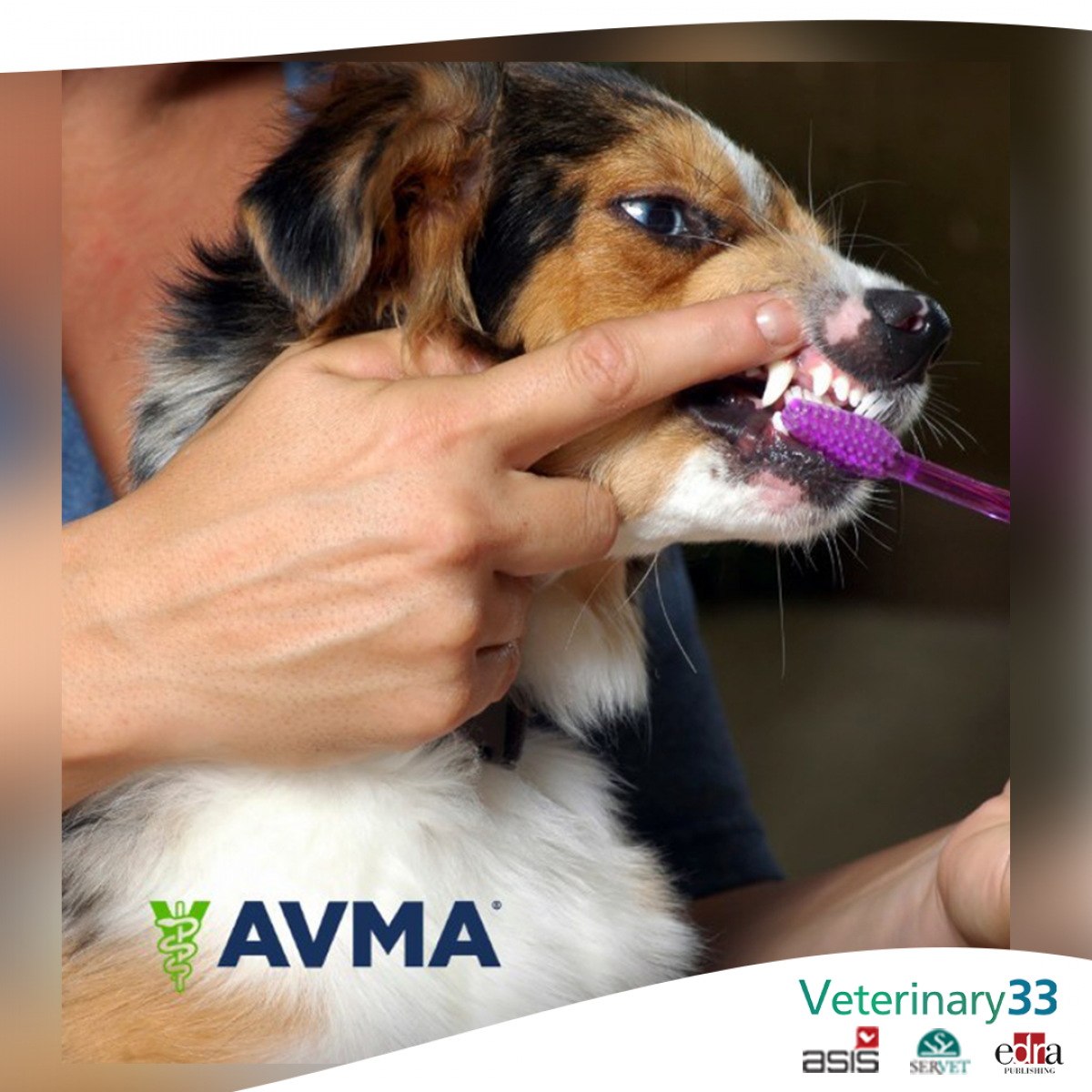AVMA calls for pet oral care awareness in February
The American Veterinary Medical Association has called to attention the importance of oral healthcare in pets. Bad breath may be common in cats and dogs, but it also may indicate underlying dental health issues, such as tooth decay or infection. Further, pets who do not receive oral healthcare may be at risk for gum disease and infections that can impact their overall health.
"Oral disease is one of the most frequently diagnosed health problems for our dogs and cats, and it can have serious consequences for our pets' health," said Dr. Jose Arce, president of AVMA. "This is not just a matter of bad breath or stained teeth. In addition to causing receding gums, tooth loss, and often significant pain, bacteria in the mouth can enter the bloodstream, potentially affecting the heart, liver, and kidneys, which can be life-threatening."
AVMA shared that the majority of cats and dogs have periodontal disease at 3 years old. Symptoms of this disease can include foul breath, pawing at the mouth, and changes in chewing or eating.
In an effort to highlight oral health in pets, AVMA is sponsoring February as National Pet Dental Health Month. The goal during the month is to push for greater understanding and action regarding pet dental care. For instance, only an estimated 2% of pet owners brush their animals' teeth daily and only 9% of cats and 14% of dogs received oral care during veterinary visits, according to the organization.
AVMA suggests that veterinarians and pet owners collaborate on an oral health plan that includes home dental care along with dental cleaning and exams by a professional. AVMA's Dr. Arce called for visits with board-certified veterinary dentists at 6-month intervals. In addition to this regular care, AVMA recommends seeking care if a pet shows signs of bleeding, pain, swelling, broken teeth, loose teeth, tartar, discoloration, poor breath, extra teeth, changes in eating, increased drooling, chewing, or unwillingness to pick up food.










List
Add
Please enter a comment